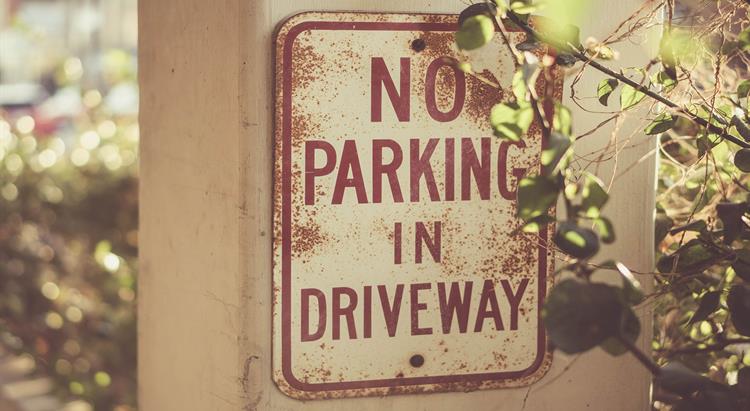09 April 2019

New legislation that gives private landowners the power to move, sell or dispose of vehicles that have been parked or abandoned on their land – including a driveway or private parking space – has been lodged for States debate by the Home Affairs Minister.
As well as giving landowners options to deal with vehicles that are left on private land, the Motor Vehicles (Removal from Private Land) (Jersey) Regulations 201- will outlaw practices such as wheel clamping.
Under the new Regulations, landowners will be able to seek an order from the Court to prevent ‘nuisance’ vehicles that are routinely parked on private land, without permission, for short but frequent periods of time, for example when a driver parks on a driveway to drop off and collect their children from a nearby school.
The new law also allows landowners to remove and dispose of vehicles that are parked without permission or abandoned, and which are causing a nuisance, security risk, danger or obstruction to other people using private land.
Landowners will be able to take action provided they have followed processes set out in the law. These include displaying signs and demonstrating they have made every effort to contact the owner, working alongside parish authorities, before disposing of a vehicle. The Regulations also require private landowners to use a motor vehicle removal operator if they want to remove a vehicle that has been parked without permission.
The Minister for Home Affairs, Connétable Len Norman, said: “Motor vehicles that have been parked or abandoned on private land without permission can be a source of great frustration and cost to private landowners. The Regulations will provide private landowners with a series of measures to manage vehicles that have been parked or abandoned on their land without authorisation.
“The Regulations will also prevent private landowners from taking disproportionate action such as wheel clamping, which reflects a States’ decision in 2009 to ban the practice.”
The draft Regulations are due to be debated by the States Assembly at the end of May. If approved, they will come into force on 21 June 2019.